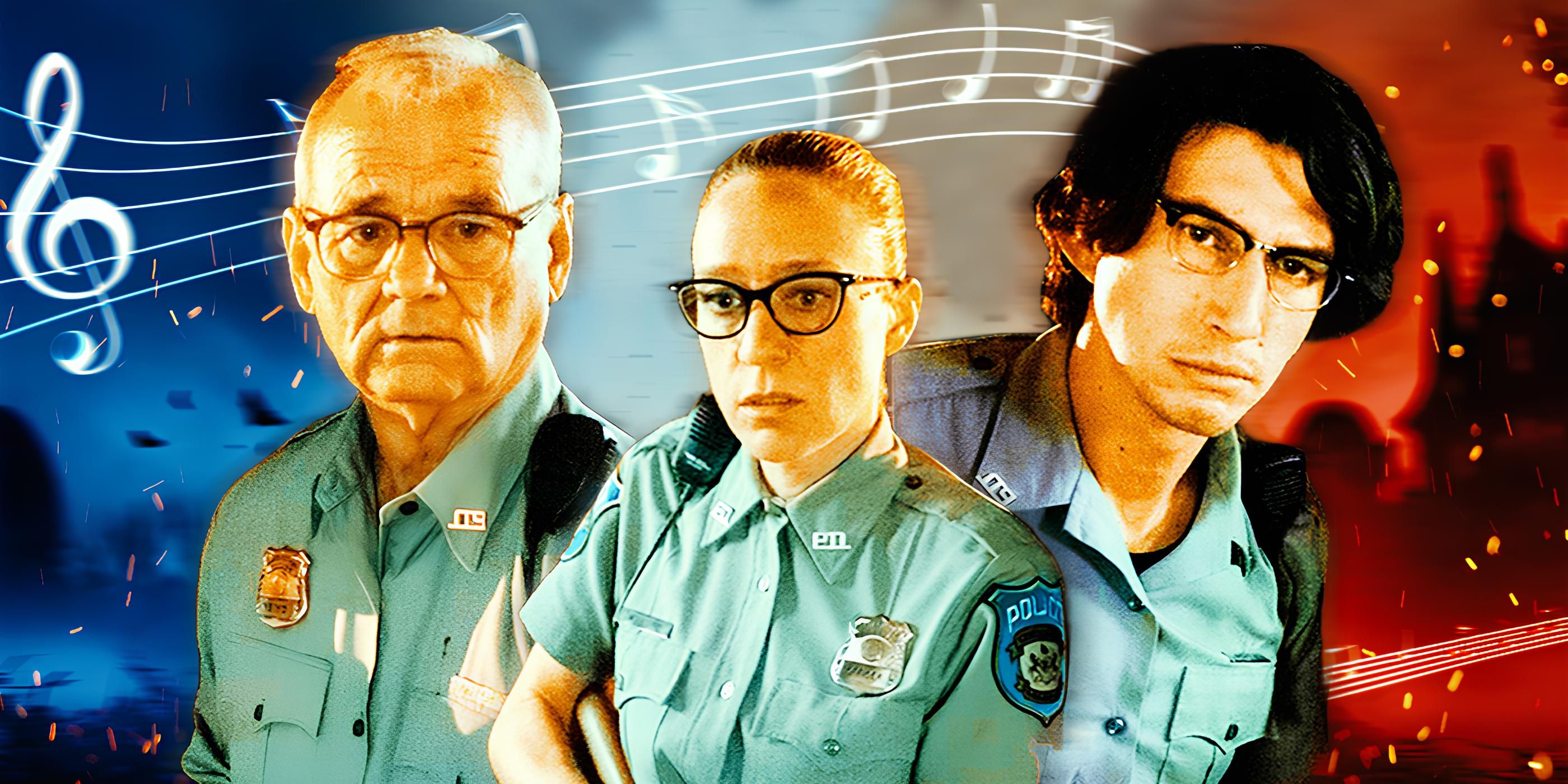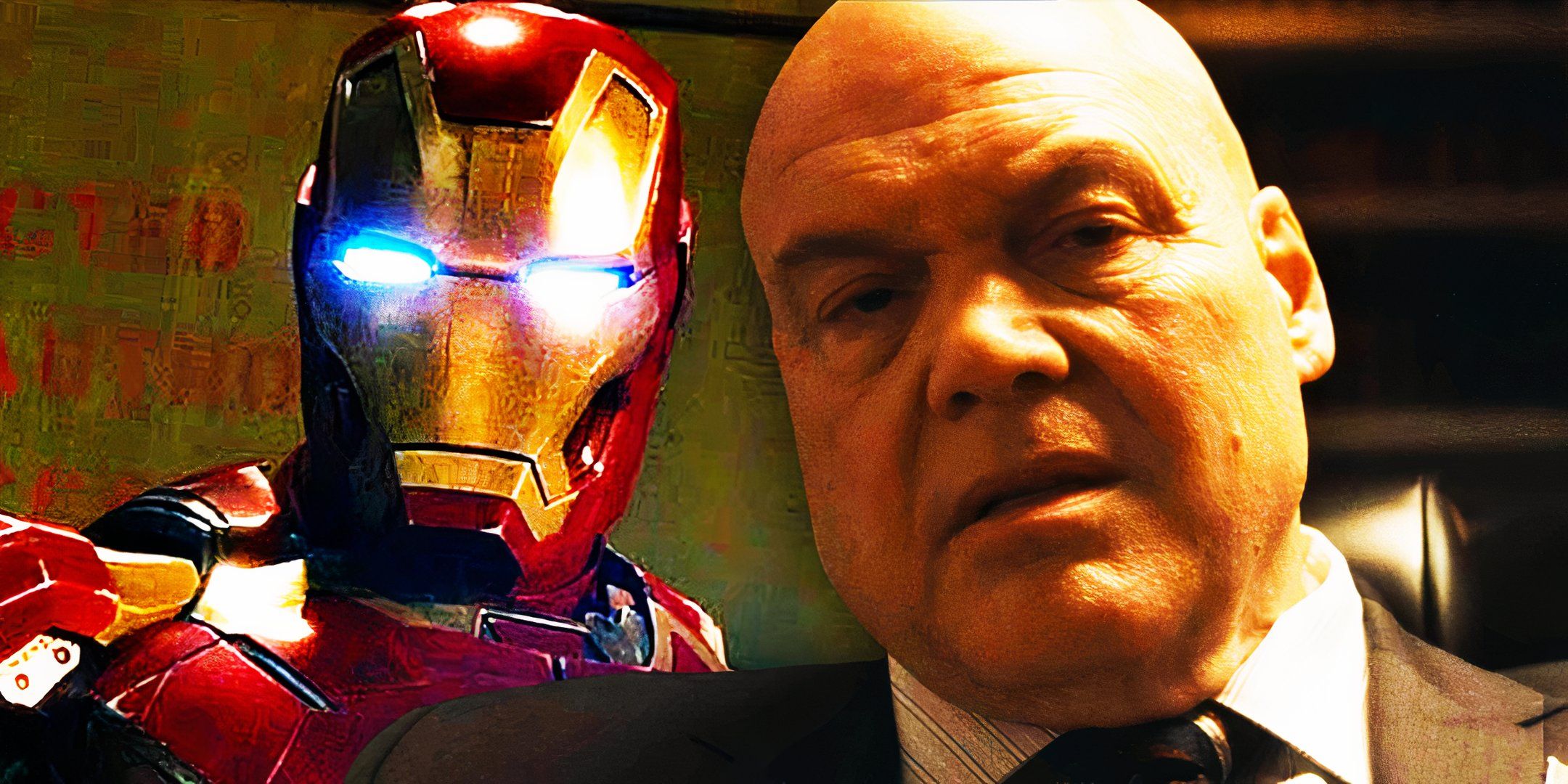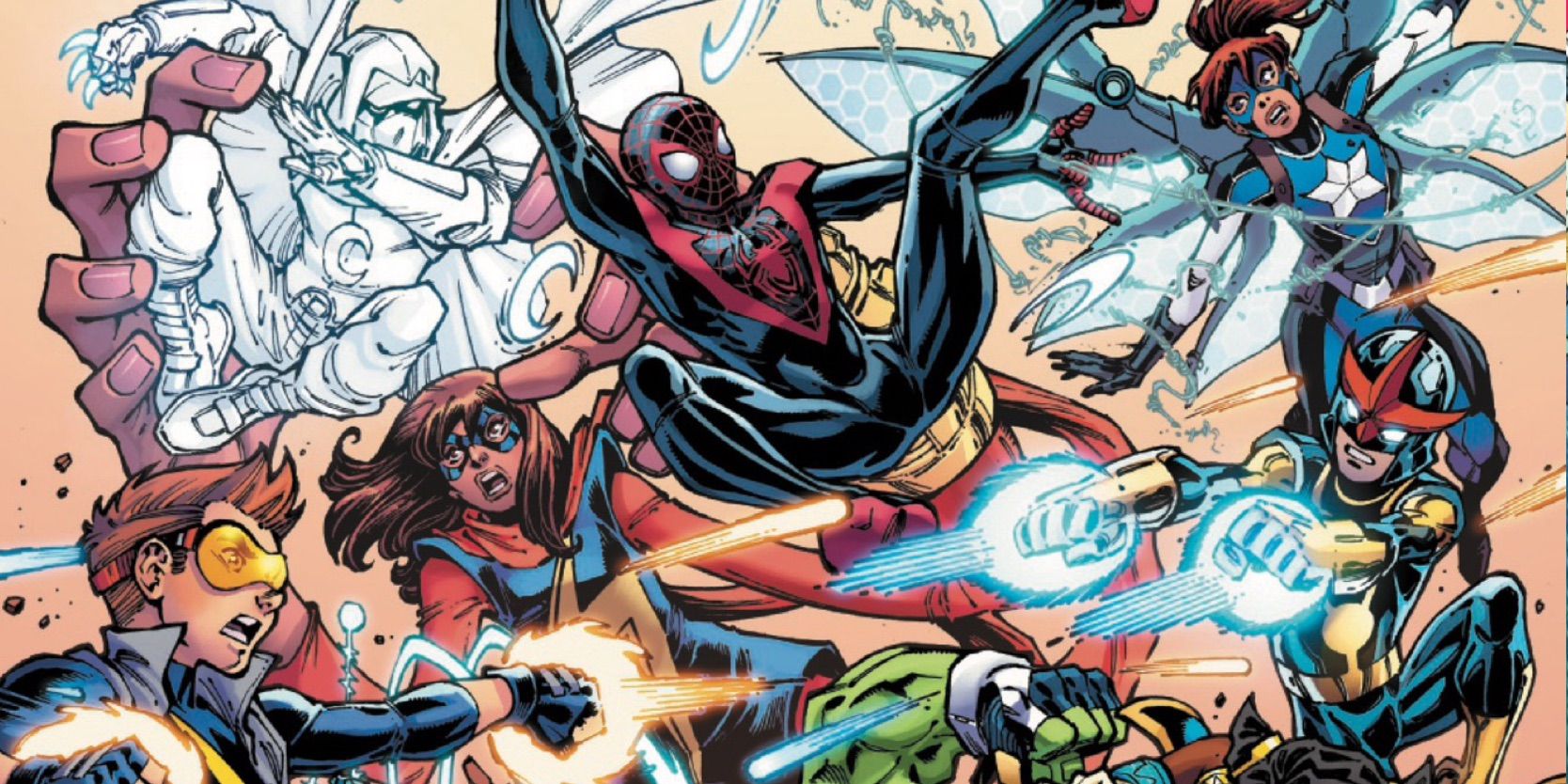Why Everyone Is So Obsessed With Sturgill Simpson's "The Dead Don't Die" Song In The 2019 Zombie Movie
Jim Jarmusch's 2019 horror comedy The Dead Don't Die is now streaming on Netflix, but what is going on with the Sturgill Simpson song in the movie? The Dead Don't Die stars Adam Driver among its incredibly star-studded cast, which also includes the likes of Selena Gomez, Bill Murray, Austin Butler, and Tilda Swinton, among others. Although The Dead Don't Die is technically a zombie movie and follows some familiar beats, it also breaks with that genre in myriad ways because, at its core, The Dead Don't Die is really a parody of zombie movies.
The Dead Don't Die also provides considerable social commentary—after all, in this movie, the zombies are created due to fracking—which is at times heavy-handed, although it is intentionally so. Overall, these elements of The Dead Don't Die give the movie a bit of a bizarre tone, which has likely contributed to its mixed reception. This absurdist approach is also seen in the movie's song, "The Dead Don't Die," which is prominent throughout the movie and plays a unique role in the story.
The Characters' "The Dead Don't Die" Song Obsession Is The Movie's Biggest Running Meta Joke
Adam Driver's In-Movie Reference To The Song Sets The Tone
Close
The Dead Don't Die is full of dry humor and meta satire, and this song is no exception. In fact, Adam Driver's character, Officer Ronnie Peterson, offers a meta commentary on this song very early on in the movie. As Officer Ronnie and Chief Cliff Robertson (Bill Murray) are patrolling in their police car, Ronnie turns the car radio on, and "The Dead Don't Die" begins playing. After a beat, Cliff says, "Wow, that sounds so familiar. What is that song, Ronnie?" To which Ronnie replies, "It's 'The Dead Don't Die,' by Sturgill Simpson."
Adam Driver's character, Officer Ronnie Peterson, offers a meta commentary on this song very early on in the movie.
Cliff again says, "Sturgill Simpson... Why does it sound so familiar?" At this point, Ronnie becomes entirely self-referential, saying, "Well, 'cause it's the theme song." The two then listen to the song in a bit of an awkward silence. This is far from the only inclusion of "The Dead Don't Die" in the movie, however. The song plays so frequently throughout the movie, in fact, that towards the end of The Dead Don't Die, Officer Mindy Morrison (Chloë Sevigny) hears the song come on once more and yells, "Oh, God! Not that again."
Mindy was evidently not alone in this sentiment. Shortly after Mindy's comments (and Ronnie's dry rebuttal, "Sturgill Simpson. It's a great song"), Cliff told Ronnie, "I can't take anymore" and not only turned off the song but also pulled out the CD and threw it out the window of the moving car. Despite that move by Cliff, the song plays again one last time, during the credits.
This early reference to the movie's theme song by Ronnie sets the tone for the meta nature of The Dead Don't Die more broadly. Driver's character Ronnie especially provides meta commentary, including his consistent statement, "This is going to end badly." This really comes to a head when Cliff angrily asks Ronnie how he manages to know everything before it happens, and Ronnie says, "I know because I've read the script."
This odd song and the references to it are a way to signal to the audience that this is not going to be a typical zombie movie.
This conversation continues even beyond that, with Ronnie specifically referencing Jim (Jarmusch) giving him the whole script and Cliff saying he only had the scripts for their scenes. In that sense, this odd song and the references to it are a way to signal to the audience that this is not going to be a typical zombie movie. Rather, "The Dead Don't Die" reinforces that the movie isn't taking itself seriously and isn't meant to be taken all that seriously by the audience, either.
Sturgill Simpson's "The Dead Don't Die" Was Recorded Specifically For The 2019 Movie
The Song Was Always Intended To Be A Long-Running Gag
Unsurprisingly, "The Dead Don't Die" was written and recorded specifically for the movie, which makes sense not only because of their shared titles but also because of the prominence the song has in The Dead Don't Die. This also makes the name-dropping of Sturgill Simpson so much funnier. Just as Director Jim Jarmusch was being referenced directly in the movie as the creator, Sturgill Simpson was, in a sense, a part of this world himself.
Given the meta nature of The Dead Don't Die, there was really no other choice but to have an original song created for the movie. This not only gave the creative minds behind the movie more agency in crafting a song that fit the story but also made the long-running gag with the song work. In a sense, the song and the movie were intertwined, and the song—and its lyrics—therefore had to be just right.
What The Lyrics Of Sturgill Simpson's "The Dead Don't Die" Mean & How They Connect To The Movie's Storylines
The Movie Has A Specific Message
In addition to "The Dead Don't Die" being important in a narrative sense in The Dead Don't Die, the lyrics of "The Dead Don't Die" are also significant. In fact, The Dead Don't Die has plenty to say about the nature of present day society and its many issues, best captured in the song's lyrics:
"In a somewhat-familiar town That you saw once when you looked up from your phone Nobody bothers saying 'Hi' And you can save all your goodbyes Stop trying to pretend that we're all not alone"
While bleak, this messaging underscores the entire movie.
The reference to someone rarely looking up from their phone is of course a direct reference to today's culture around screens and the lack of person-to-person interaction. The idea that, in light of that, everyone is really isolated, is also pressing in both the movie and the song. The Dead Don't Die is certainly an unusual zombie movie, but this song, created just for the movie, reveals so much more about its message.











COMMENTS